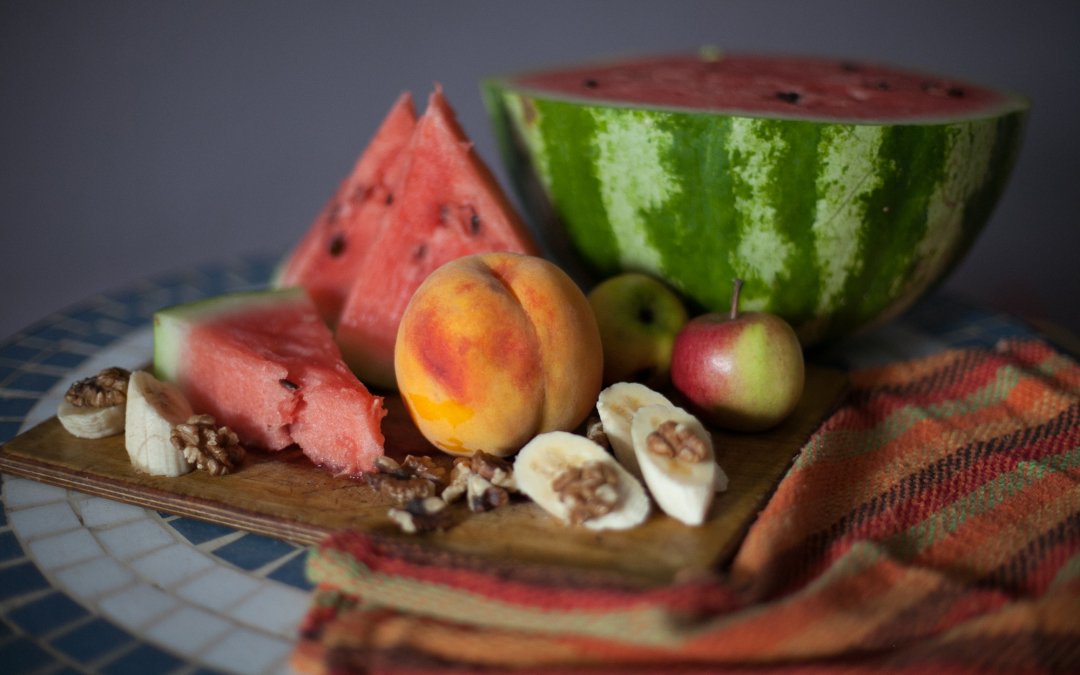Early this year, an international team of 37 scientists, with specialties ranging from agriculture to nutrition and from health to economics and government, commissioned by the EAT-Lancet Commission published a landmark study that focused on the environmental impacts of various diets. The study concluded that a diet rich with plant-based foods and scarce on animal-sourced products leads to overall improved health and environmental benefits.
The authors of the study offered a warning in their publication: a global change in diet and food production is needed now as it can lead to sustainable food production, reduce further environmental damage, and end the malnourishment of three billion people across the globe, and could result in up to 11 million fewer premature deaths without harming the planet.
Because the world’s population is set to reach 10 billion by 2050, the commissioned scientists warn “current diets are pushing the Earth beyond its planetary boundaries, while causing ill health. This puts both people and the planet at risk.”
After reviewing the results, the commission recommended everyone on the planet to change their diet to 50 percent lower in red meat and sugar than the average western diet and much much more fruits and vegetables.
Dr. Walter Willett, a Harvard University nutrition expert who was part of the commission, stated that the diet they and the commission have suggested “allows flexibility to accommodate various food types, agricultural systems, cultural traditions, and individual dietary preferences, including omnivore, vegetarian, and vegan diets.
Take a look at this example of the precise diet recommended by the Commission that would provide optimal calories and nutrients, based on 2,500 calories per day:
- 811 calories of whole grains such as rice or wheat
- 39 calories of starchy vegetables such as potatoes
- 15 calories of beef or lamb
- 15 calories of pork
- 62 calories of poultry
- 19 calories of egg – about three eggs every two weeks
- 40 calories of fish
- 172 calories of beans, lentils or peas
- 112 calories of soy food
- 142 calories of peanuts
- 149 calories of tree nuts
- 153 calories of dairy
- 68 calories worth of vegetables
- 126 calories of fruit
- 354 calories of unsaturated vegetable oil
- 60 calories of saturated palm oil
- No dairy fat at all
- 36 calories of lard or tallow
- 120 calories of sweeteners
This diet would include about two small servings of red meat and two servings of fish a week and about one glass a day of fat-free milk.
Based on this diet, all three different analyses done came up with the same projection: millions fewer would die prematurely, and the earth would sustain far less damage.
